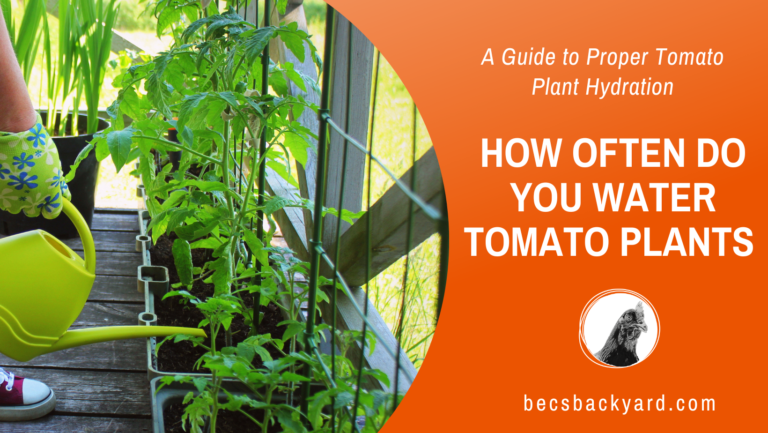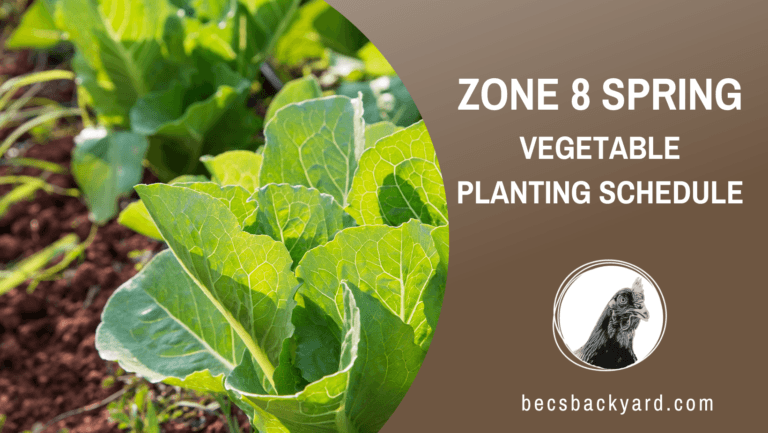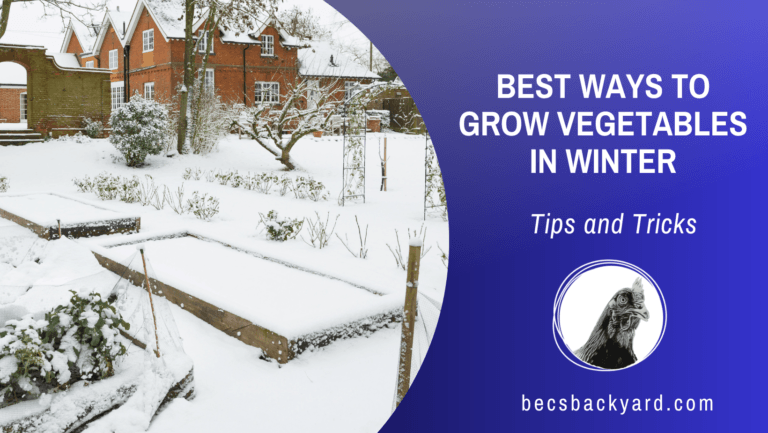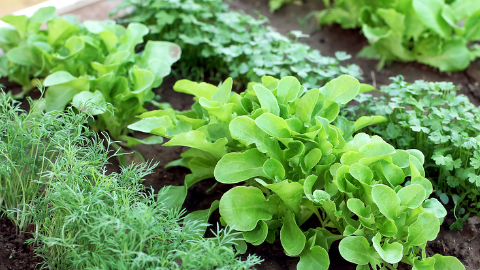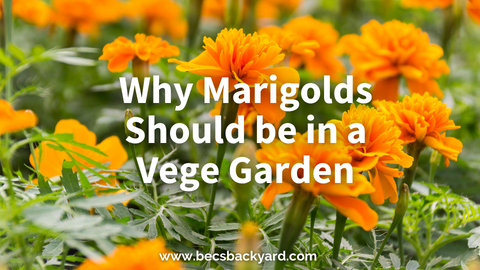How Often to Fertilize Your Vegetable Garden: A Complete Guide
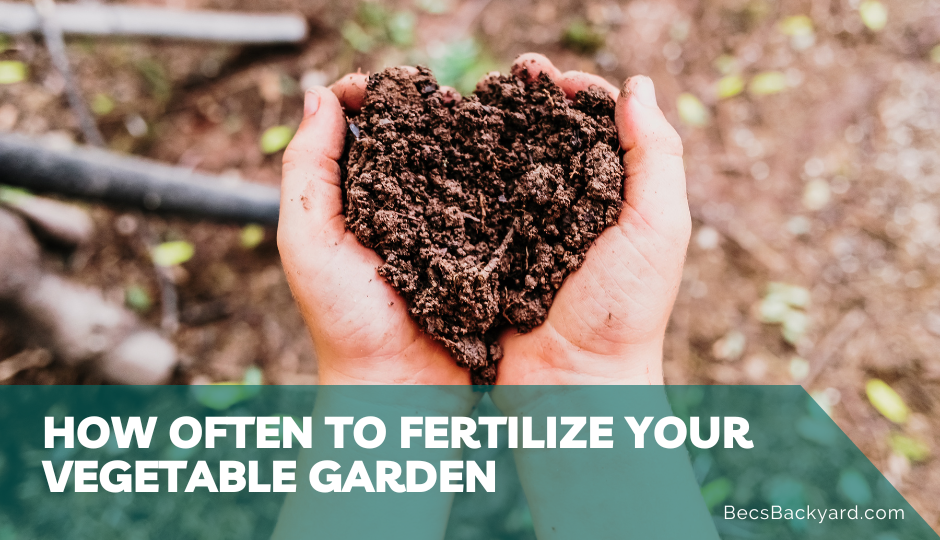
Fertilizing your vegetable garden is an essential part of maintaining healthy plants and achieving a bountiful harvest. However, many gardeners are unsure of how often to fertilize their vegetable garden. The frequency of fertilization depends on a variety of factors, including the type of plants you are growing, the soil quality, and the type of fertilizer you are using.
One of the most important factors to consider when determining how often to fertilize your vegetable garden is the type of plants you are growing. Some plants require more frequent fertilization than others, so it’s important to do your research and understand the specific needs of each type of plant. Additionally, the quality of your soil can impact how often you need to fertilize your garden. If your soil is nutrient-poor, you may need to fertilize more frequently to ensure your plants are getting the nutrients they need.

How Often to Fertilize Your Vegetable Garden: Understanding Fertilization
The Importance of Fertilizing Your Vegetable Garden
Fertilizing your vegetable garden is crucial to ensure that your plants are getting the nutrients they need to grow and produce a bountiful harvest. Most soils do not contain all the necessary nutrients that plants need, so fertilizer is used to supplement and enrich the soil. Fertilizer provides essential macronutrients such as nitrogen, phosphorus, and potassium, as well as micronutrients like calcium, magnesium, and sulfur.
Without proper fertilization, plants may grow slowly, produce fewer fruits and vegetables, and be more susceptible to pests and diseases. Over time, soil can become depleted of nutrients, making it even more important to regularly fertilize your vegetable garden.
When to Fertilize Your Vegetable Garden
So you want to know how often to fertilize your vegetable garden? Knowing when to fertilize your vegetable garden is just as important as knowing what type of fertilizer to use. The timing of fertilization can impact the growth and productivity of your plants.
It is generally recommended to fertilize your vegetable garden at the beginning of the growing season, before planting, and then again during the growing season. The first application will provide nutrients for your plants to grow strong and healthy roots, while the second application will supply additional nutrients to support the development of fruits and vegetables.
The best time of day to fertilize your vegetable garden is in the morning, when the soil is still moist and cool. This will help the fertilizer to dissolve and penetrate the soil more effectively. It is also important to water your plants after fertilizing to help the nutrients reach the roots.
In summary, fertilizing your vegetable garden is essential to ensure that your plants are getting the nutrients they need to grow and produce a bountiful harvest. By understanding the importance of fertilization and when to fertilize your vegetable garden, you can help your plants thrive and produce a successful harvest.
Types of Fertilizers
When it comes to fertilizing your vegetable garden, there are two main types of fertilizers: organic and inorganic. Both types of fertilizers have their advantages and disadvantages, so it’s important to understand the differences between them.
Organic Fertilizers
Organic fertilizers are made from natural materials, such as compost, manure, and bone meal. They are often preferred by gardeners who want to avoid using synthetic chemicals in their garden. Organic fertilizers are slow-release, which means they release nutrients slowly over time. This can be beneficial for plants, as it reduces the risk of over-fertilization and nutrient burn.
One of the main advantages of organic fertilizers is that they improve soil health. They add organic matter to the soil, which can improve soil structure, water retention, and nutrient availability. Organic fertilizers also promote the growth of beneficial microorganisms, which can help to prevent soil-borne diseases.
However, organic fertilizers can be more expensive and less convenient than inorganic fertilizers. They may also have lower nutrient concentrations, which means you may need to apply them more frequently.
Inorganic Fertilizers
Inorganic fertilizers are made from synthetic materials, such as ammonium nitrate and potassium sulfate. They are often cheaper and more convenient than organic fertilizers, and they have higher nutrient concentrations. Inorganic fertilizers are also fast-release, which means they release nutrients quickly.
One of the main advantages of inorganic fertilizers is that they are easy to apply and provide quick results. They can be particularly useful for correcting nutrient deficiencies in plants. Inorganic fertilizers are also less bulky than organic fertilizers, which means they are easier to store and transport.
However, inorganic fertilizers can have negative effects on soil health. They can reduce soil pH, which can make it more difficult for plants to absorb nutrients. Inorganic fertilizers can also contribute to soil compaction and reduce the activity of beneficial microorganisms.
In conclusion, both organic and inorganic fertilizers have their pros and cons. The best type of fertilizer for your vegetable garden will depend on your specific needs and preferences. It’s important to choose a fertilizer that provides the nutrients your plants need, while also promoting soil health and minimizing negative environmental impacts.
Determining Fertilizer Needs
When it comes to fertilizing your vegetable garden, it’s important to determine the specific needs of your plants. This can be done through soil testing and understanding plant nutrient requirements.
Soil Testing
Before adding any fertilizer to your garden, it’s important to test your soil to determine its nutrient content. This will help you determine what type of fertilizer and how much is needed to properly nourish your plants. Soil testing can be done through a variety of methods, including at-home test kits or by sending a sample to a laboratory for analysis.
When interpreting soil test results, pay attention to the levels of nitrogen, phosphorus, and potassium. These are the primary macronutrients that plants need in order to grow and thrive. If any of these nutrients are lacking in your soil, you may need to supplement with a fertilizer that is high in that particular nutrient.
Plant Nutrient Requirements
Different plants have different nutrient requirements, so it’s important to understand what your specific plants need in order to grow and produce a bountiful harvest. For example, leafy greens like lettuce and spinach require high levels of nitrogen, while root vegetables like carrots and beets require more phosphorus.
When selecting a fertilizer, look for one that is specifically formulated for the types of plants you are growing. This will ensure that your plants are getting the nutrients they need in the right amounts. Additionally, be sure to follow the manufacturer’s instructions for application rates and timing.
By understanding your soil’s nutrient content and your plants’ specific nutrient requirements, you can determine the best fertilizer regimen for your vegetable garden. This will help ensure that your plants are healthy, productive, and able to reach their full potential.
Applying Fertilizer
When it comes to fertilizing your vegetable garden, there are two key factors to consider: the method of application and the frequency of application.
Methods of Application
There are a few different ways to apply fertilizer to your vegetable garden. One common method is to mix the fertilizer into the soil before planting. This can be done by tilling the soil and incorporating the fertilizer evenly throughout the planting area. Another method is to apply the fertilizer directly to the soil around each plant. This can be done by sprinkling the fertilizer on the soil surface and then gently working it into the soil with a garden fork or hoe.
A third option is to apply the fertilizer as a liquid. This can be done by diluting the fertilizer in water and then pouring it directly onto the soil around each plant. This method can be particularly effective for providing nutrients to plants quickly, but it may require more frequent applications than other methods.
Frequency of Application
How often to fertilize to your vegetable garden depends on a few different factors, including the type of fertilizer you’re using, the specific needs of your plants, and the overall health of your soil. In general, it’s a good idea to fertilize your vegetable garden at least once a month during the growing season.
However, it’s important not to over-fertilize your plants, as this can lead to nutrient burn and other problems. To avoid over-fertilizing, it’s a good idea to test your soil regularly to determine its nutrient levels and adjust your fertilization schedule accordingly.
Another important factor to consider is the stage of growth of your plants. Seedlings and young plants may require less frequent fertilization than mature plants, as they are still developing their root systems and may be more sensitive to nutrient imbalances.
By following these guidelines and paying close attention to the needs of your plants, you can help ensure that your vegetable garden stays healthy and productive throughout the growing season.

Frequently Asked Questions
When to apply fertilizer to vegetable garden?
The best time to fertilize your vegetable garden is before planting. If you missed that opportunity, then apply fertilizer when the plants are young and actively growing. It is also important to avoid fertilizing during drought or extreme heat conditions.
How often to use fertilizer on plants?
The frequency of fertilizing your vegetable garden depends on the type of fertilizer you use, the soil type, and the plant’s growth rate. Generally, it is recommended to fertilize your vegetable garden once every four to six weeks during the growing season.
Best fertilizer for vegetable garden?
There are many types of fertilizers available for vegetable gardens, including organic and synthetic options. The best fertilizer for your vegetable garden depends on your soil type, the plants you are growing, and your personal preferences. A soil test can help you determine the best fertilizer for your garden.
How soon can you eat vegetables after fertilizing?
It is safe to eat vegetables immediately after fertilizing, as long as you follow the recommended application rates and wait the appropriate amount of time for the fertilizer to be absorbed by the plants. Always follow the instructions on the fertilizer label.
How often to fertilize vegetables in containers?
Vegetables grown in containers require more frequent fertilization than those grown in the ground. It is recommended to fertilize container-grown vegetables every two to three weeks during the growing season.
Can you over fertilize vegetable garden?
Yes, over-fertilizing your vegetable garden can be harmful to your plants and the environment. Over-fertilization can lead to nutrient imbalances, plant burn, and water pollution. Always follow the recommended application rates on the fertilizer label and avoid fertilizing during drought or extreme heat conditions.
Putting it All Together
Understanding how often to fertilize your vegetable garden is crucial for promoting healthy plant growth and maximizing your harvest. By considering factors such as the type of vegetables, soil composition, and nutrient requirements, you can develop a personalized fertilization schedule that meets the specific needs of your garden. Remember to monitor the condition of your plants, perform soil tests regularly, and adjust your fertilization routine accordingly. With proper care and attention to fertilization, you’ll be well on your way to a bountiful vegetable garden that yields vibrant, nutritious produce for seasons to come. So, take the time to establish a fertilization routine that works for you and watch your garden flourish

